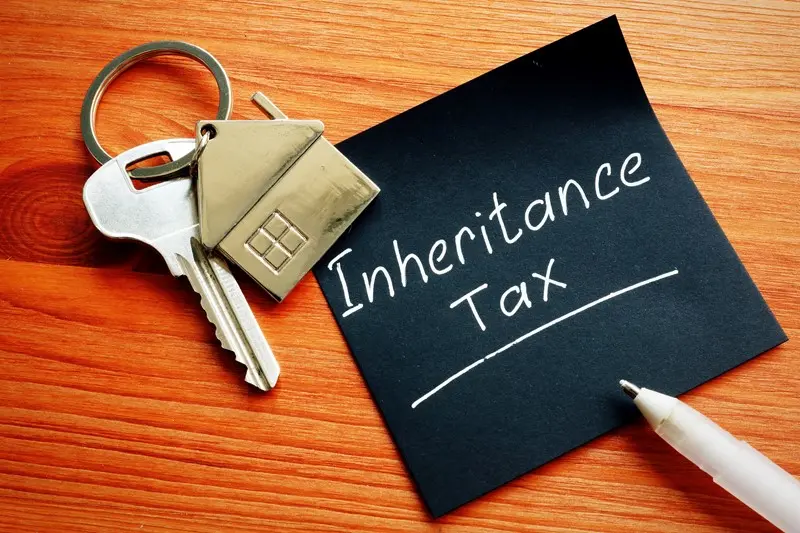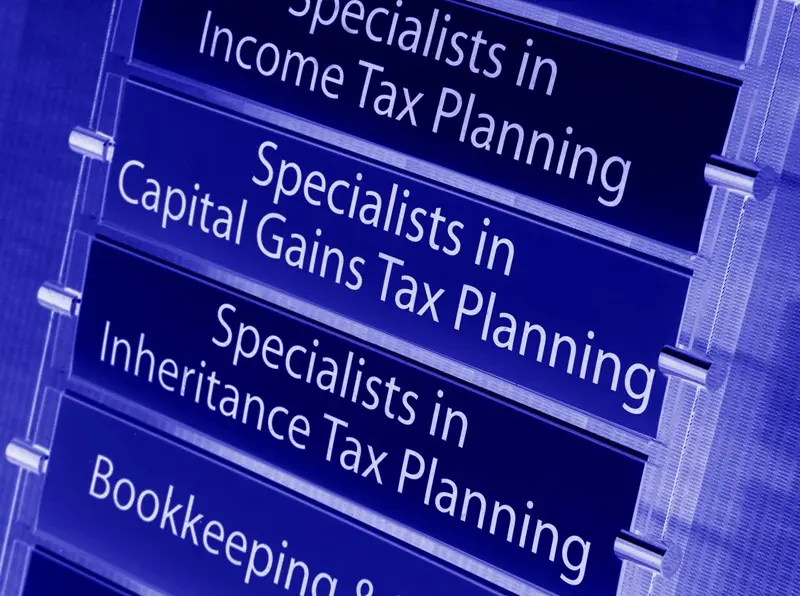Current IHT gift reliefs

Lifetime gifts can reduce Inheritance Tax, but survival for seven years and using key exemptions like the £3,000 annual allowance are crucial to making them fully tax-free.
Most gifts made during a person’s lifetime are not immediately subject to Inheritance Tax (IHT). These are known as
IHT exemption – normal expenditure out of income

Make regular gifts from your income and avoid inheritance tax. If structured properly, surplus income gifts can support loved ones and stay outside your estate without the seven-year survival rule.
Wealthier individuals can benefit from a lesser-known but highly effective IHT exemption for gifts
Changes to IHT from April 2025

From April 2025, Agricultural Property Relief from Inheritance Tax now extends to land under qualifying environmental agreements. This means landowners entering long-term stewardship schemes will not lose IHT relief. From April 2026, a new £1 million limit will apply to combined APR and BPR
Probate waiting times halved

The Ministry of Justice (MOJ), together with HM Courts & Tribunals Service (HMCTS) and the Minister for Courts and Legal Services, has announced significant improvements in probate waiting times. Probate is a legal process through which a deceased person’s will is validated and is the starting
Gifts exempt from Inheritance Tax

Navigating the intricacies of Inheritance Tax (IHT) can be daunting, but understanding the available gift exemptions and strategic planning can significantly reduce potential liabilities. By effectively utilising annual allowances, small gift exemptions, and planning for special occasions, you can
Tax chores if managing a deceased person’s estate

When someone dies, their personal representative (executor or administrator) must value their estate to determine if Inheritance Tax (IHT) is due. This involves assessing assets, debts, and handling tax obligations throughout the estate’s administration period.
In order to ascertain whether or not
Tax return for deceased person

Inheritance Tax (IHT) impacts estates over £325,000, with rates of 40% on death and 20% on certain gifts. A 36% reduced rate applies if 10% of the estate is left to charity. Executors must value estates and may need to file tax returns for the deceased and their estate.
The current IHT nil rate
Inheritance Tax thresholds and the RNRB

Inheritance Tax nil-rate bands remain frozen until April 2030. Learn how this affects estates, the residence nil-rate band, and planning opportunities to maximise tax-free inheritance for loved ones.
The Inheritance Tax (IHT) nil-rate bands have been frozen for a number of years and had been set to
IHT nil rate band reduction for large estates

Married couples and civil partners may be able to pass on up to £1 million of their estate tax-free with the Residence Nil Rate Band. Claiming this transferable allowance could secure your family home for future generations. Make sure your estate planning takes this into account.
The Residence Nil
Seven year rule still applies – IHT PETs

There are specific rules regarding the liability to Inheritance Tax (IHT) on gifts made during a person’s lifetime. In most cases, gifts made during a person’s life are not taxed at the time they are given.
These lifetime gifts are referred to as "potentially exempt transfers" (PETs). The